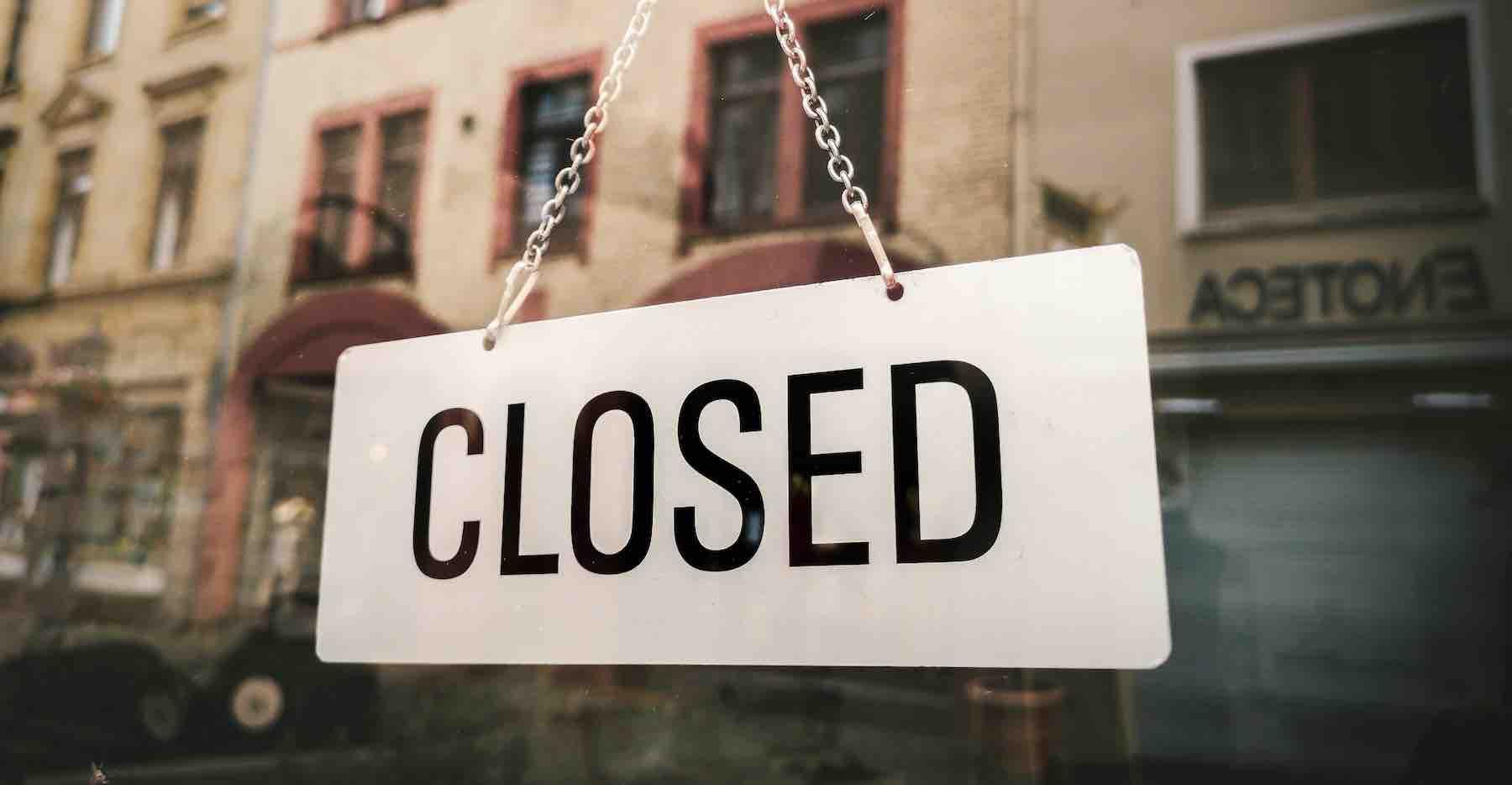A psychological pandemic
The COVID-19 pandemic constitutes a major threat all over the world right now. It creates a psychological pandemic of fear, increasing the prevalence of emotional problems.
It is important to be aware of the psychological effects of coronavirus. As the virus has become a global pandemic and spread, so too has anxiety, fear, panic, paranoia and antisocial behavior.
An awareness and understanding of psychological reactions to the pandemic may ease our fear and anxiety, and stop us from behaving irrationally and anti-socially. So let us talk about the psychological effects of coronavirus.
Uncertainty and lack of experience
With a novel threat comes uncertainty. What makes coronavirus particularly stressful is that there is a lot we don’t know about it. And a lot of people have difficulty dealing with unpredictability.
We’re familiar with the flu, and even if we know that it might be life-threatening to high-risk people, it still doesn’t cause panic and fear. That’s because we have all had it, and we know what to expect and how to handle it.
COVID-19 is more severe than seasonal influenza and has been declared a pandemic by the World Health Organization. The severity of the illness, lack of experience, and steps taken by society to prevent it from spreading, are more than enough to cause fear. Add intense news updates and social media to this, with pictures of ghost cities, people in masks and empty shelves in the stores. That makes fear seem like a pretty adequate response. Is it though? Let us look into that.
What role does fear have during pandemics?
Fear is an emotional, behavioral and physiological coping reaction to perceived threats. As we’ve seen in the current pandemic, the fear arrived long before the actual infection. People have and are experiencing something called anticipatory anxiety. It can be described as an alarm system that stops us from getting into danger. It helps us keep ourselves and our families safe. In this particular situation, fear helps us take precautions necessary to prevent spreading of the virus. But if fear becomes excessively intense or persistent, or if there’s not an actual threat (also called false alarm), it becomes a problem.
Vill du prata med någon av oss psykologer?
Hör av dig så återkopplar vi och hittar en tid som passar dig.
Posted av Julie Franzén - maj 7, 2020
Hej! Jag har arbetat som psykolog sedan 2011 inom barn- och ungdomspsykiatrin och på vårdcentral. Sedan 2016 är jag privatpraktiserande psykolog...
Mer från denna användare
Mer inom denna kategori


